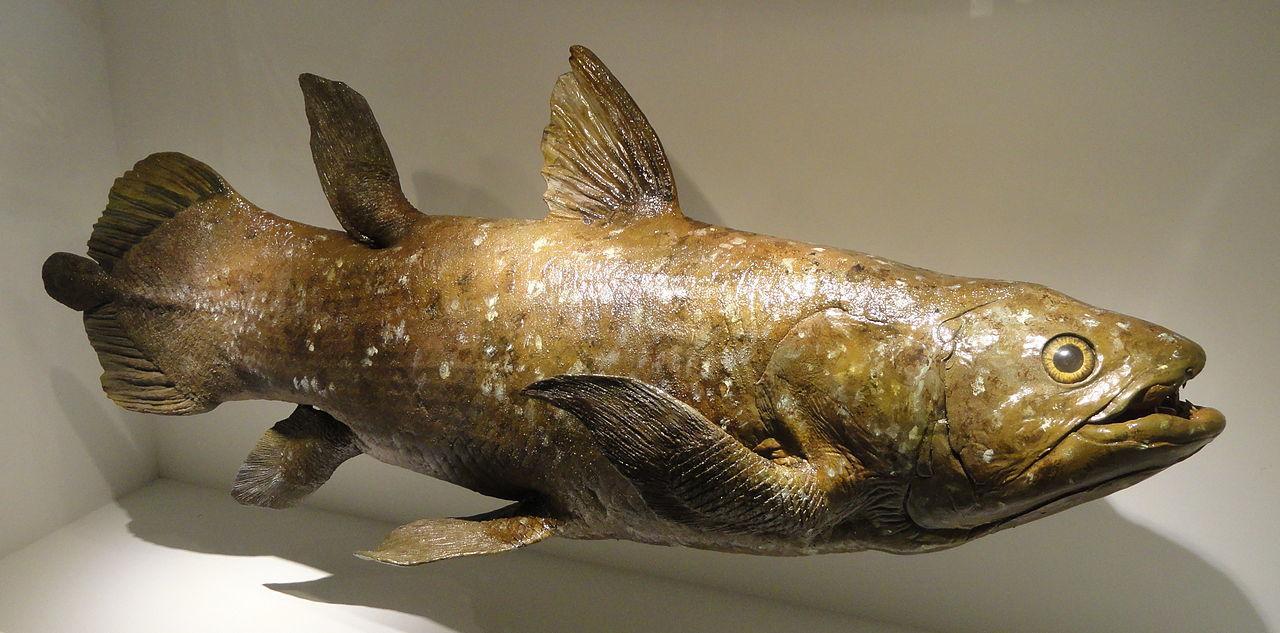Mea Culpa: a living fossil of old-fashioned English
Questions of style and use of English in this week’s Independent


Your support helps us to tell the story
From reproductive rights to climate change to Big Tech, The Independent is on the ground when the story is developing. Whether it's investigating the financials of Elon Musk's pro-Trump PAC or producing our latest documentary, 'The A Word', which shines a light on the American women fighting for reproductive rights, we know how important it is to parse out the facts from the messaging.
At such a critical moment in US history, we need reporters on the ground. Your donation allows us to keep sending journalists to speak to both sides of the story.
The Independent is trusted by Americans across the entire political spectrum. And unlike many other quality news outlets, we choose not to lock Americans out of our reporting and analysis with paywalls. We believe quality journalism should be available to everyone, paid for by those who can afford it.
Your support makes all the difference.In an editorial this week about Jeremy Corbyn we referred to “the minutiae of who laid what wreath where, and how far away the future leader of the opposition was from the earthly relicts of the butchers of the 1972 Munich Olympics”.
The “relicts” seems like a stylish touch, an old-fashioned variant of the more familiar “relics”. But in fact the word has a specific meaning in biology: an animal or plant that has survived while others of its group have become extinct, such as the coelacanth. Interesting though the coelacanth is, the “living fossil” fish that has survived little changed from the Devonian period, long before dinosaurs, it is not the analogy for which we were looking.
What we meant was was indeed “relics”, objects from long ago, such as “a part of a deceased holy person’s body or belongings kept as an object of reverence”, as the Oxford Dictionary puts it.
Caf or decaf?: We slipped up in an article about sleep and snooze buttons, in which we mentioned a neuroscientist’s advice for sleeping well: “He also recommended steering clear from power naps and decaffeinated coffee.” The usual phrase is to “steer clear of” rather than “from”, and then it wasn’t clear that the steering clear applied just to the power naps and not to the decaf, which was a separate recommendation.
What we should have said is: “He also recommended decaffeinated coffee and steering clear of power naps.”
Thanks to Gavin Turner for pointing this out.
Holiday reading: This week we reported a survey under the headline, “The world’s top 500 food experiences revealed”. We ought to avoid the deadening abstract “experiences” if we can. Especially as travel companies are now trying to sell holidays as “experiences”. We could have called them the “top 500 taste sensations” or something.
The top was pintxos (Basque tapas) in San Sebastian in Spain, by the way.
More holiday reading: Talking of holidays, I read John Bew’s biography of Clement Attlee on mine (my idea of a good time), and came across Rupert Brooke’s poem, “The Soldier”, which is quoted at the head of the chapter about Attlee’s First World War service. It includes the well known lines about “some corner of a foreign field/That is for ever England”.
I must resume my campaign, I thought, to have “for ever” as two words. This week we used “forever” many times, and the more elegant two-word form only once.
All praise, therefore, to David Lister for his article marking Madonna’s 60th birthday in which he quoted Marianne Faithfull, another older female musician, who pleaded with her fans to allow her to retire. “Please let me go,” she said, “I can’t go on for ever. I’m not Keith.” (She was, as Lister noted, “referring to her long-time friend Keith Richards of The Rolling Stones, definitely not one of life’s quitters”.)
It may seem a small thing, but, as John Keats said, “a thing of beauty is a joy for ever…”
Join our commenting forum
Join thought-provoking conversations, follow other Independent readers and see their replies
Comments